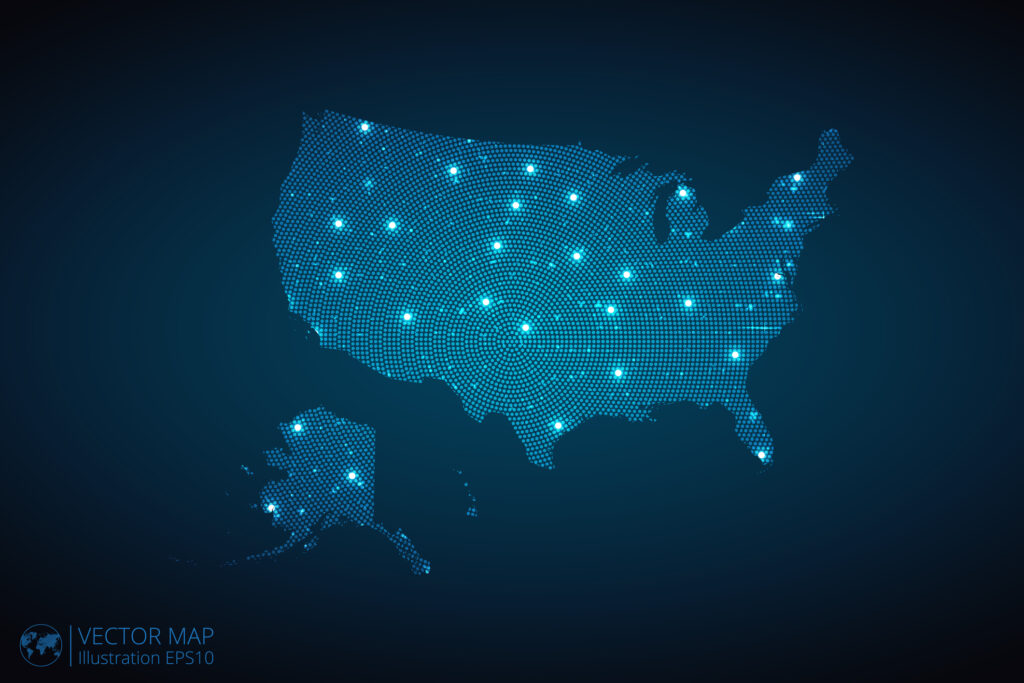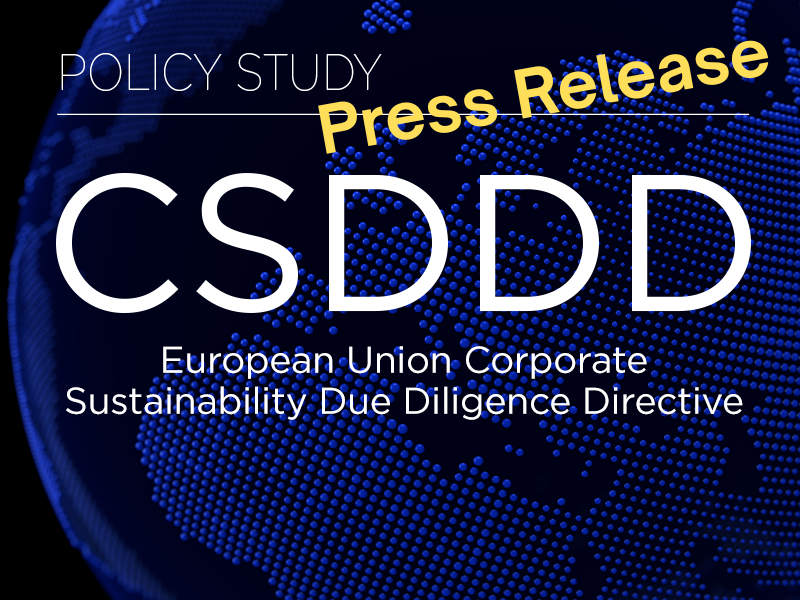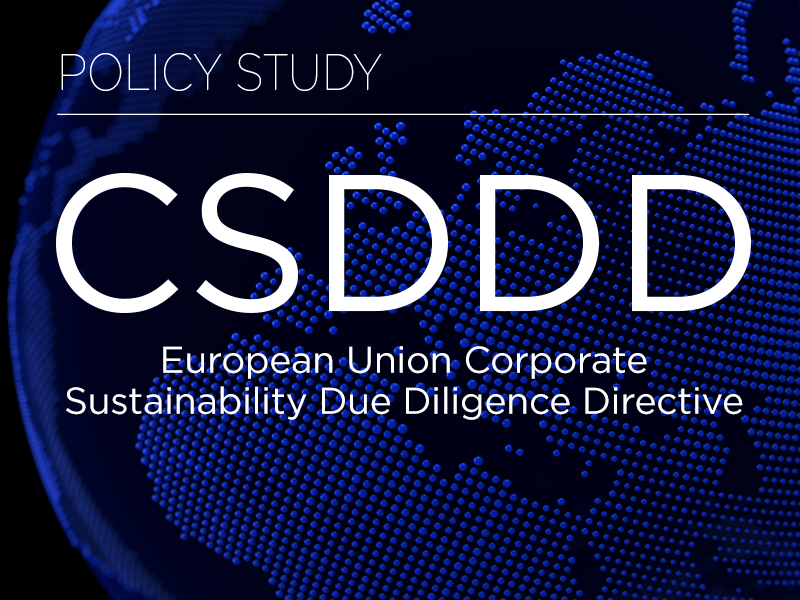The democracies of Europe seem caught between Putin and the left. On the one hand, the objections of the populist-right parties to the EU and NATO policies risk encouraging Putin’s aggression. On the other hand, the generally Europhillic left parties want to increase taxes and spending.
France – This country went to the polls in July. Marine Le Pen’s National Rally finished first in votes in the first round, and the Left Coalition finished first in seats after the second round; but, well short of a majority.
President Macron tried to form a coalition of the center with his Center Coalition plus the center-right Les Republicans and the center-left Socialists and Ecologists, but that didn’t happen. The Left Coalition maintained solidarity.
Subsequently, President Macron formed a minority coalition of his Center Coalition plus Les Republicans with the hope of getting enough votes from either the left or the National Rally to pass a budget.
The proposed budget is called an austerity budget. It involves €60B of spending cuts and tax increases, to reduce a deficit of €160B (equal to 6% of GDP). As is typical of centrist governments, the budget proposal is neither fish nor fowl, and falls short of getting the job done (reducing the deficit to 2% of GDP).
It now looks as though the government will impose its budget without a vote.
The Left Coalition and National Rally have filed no-confidence votes, and a snap election of July 2025 is in the offing.
United Kingdom – This country also went to the polls in July. Labour finished first, with 34 percent of the vote and with 411 out of 650 seats in the parliament (such is the math of first-past-the-post voting).
Labour subsequently proposed spending increases of 70£ billion and tax increases of 50£ billion, and therefore to increase the deficit from 4% of GDP to 5 or 6%, depending on how badly the tax increases curtail GDP.
Northern Ireland should consider leaving the UK and joining the Republic of Ireland.
Austria – This country went to the polls in September, and has yet to form a governing coalition.
The populist-right Freedom Party finished first, but had no prospect of gaining one or more partners to form a governing coalition.
The President eventually tasked the second-place, center-right Peoples Party to form a governing coalition; but, the third-place, center-left Social Democratic Party wants to increase spending and taxes.
Ireland – This country went to the polls on Friday, November 29th. The center-right Fianna Fail and Fine Gael parties together came within two seats of a majority in the Irish parliament (or, Dáil Éireann). Possibly they will find a couple additional members from among the independents that were elected, or else form a minority government.
Economics-wise, Ireland is doing just fine. With a high standard of living, low rate of inflation and a budget surplus.
Iceland – This country went to the polls on Saturday, November 30th. The parties in the outgoing ruling coalition were punished by voters for the burst of inflation suffered post-COVID. Finishing first was the center-left Social Democratic Party, with 21 percent of the vote. Possible partners in a governing coalition include the market-liberal/center-right Reform Liberal Party and the centrist Peoples Party.
Romania – This country went to the polls on Sunday, December 1st. The Social Democrats also finished first here, with 22 percent of the vote. They will probably have to appeal to center-right parties to form a governing coalition.
Germany – With the collapse of the ruling coalition, a snap election has been agreed for February 23rd. The center-right Christian Democrats are strongly in first, and the populist-right Alternative party is in second. The Christian Democrats have been gaining support under the new leadership of Friedrich Merz.
Merz is a free-market conservative, in contrast to Angela Merkel and her immediate successors, who were more like centrists. The drift of the Christian Democrats toward the center in recent years, created an opening for the Alternatives.





